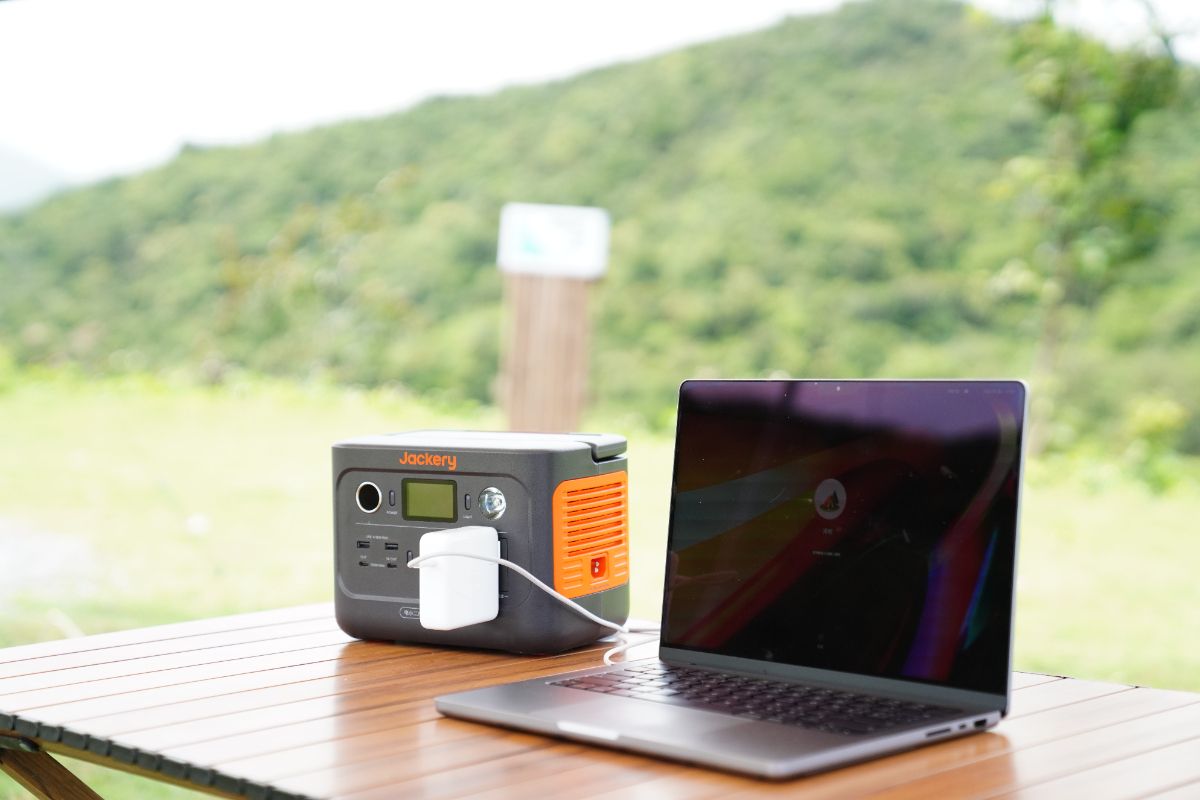They thought they were talking to customer service. In reality, they were being defrauded by operations run halfway across the world—inside fake BPOs in the Philippines.

Over the last few years, a troubling pattern has emerged. Victims from all over the world have lost millions of dollars through online scams operated from Philippine cities, often out of buildings that look like legitimate call centers. These scams range from fake tech support and fraudulent publishing services to romance scams and crypto investment fraud. While the workers often sound professional, the truth is darker.
The Philippines has built a global reputation for outsourcing excellence. But scam centers using the same tools, language, and infrastructure as real BPOs threaten to tarnish this image. Worse, they exploit Filipino labor while targeting foreign citizens, drawing attention from global law enforcement and risking backlash against the entire industry.
Triggering your Emotional Responses for Investments
Most of these operations run on volume. Workers are trained to follow scripts and push specific emotional buttons. In one case, a facility in Angeles City was found to be running romance scams—young Filipinos chatting with older Westerners under fake profiles, slowly building emotional connections before asking for money. Meanwhile, in Cebu, two executives from a BPO were indicted in the U.S. for defrauding American authors out of more than PHP 2 billion in fake publishing fees.
The most recent? This video that reveals a crypto scam operation in a major IT hub in Cebu City.
The victims usually don’t know they’re being scammed until it’s too late. Many believe they’re working with a professional company, complete with email confirmations, websites, and international phone numbers. That illusion is built deliberately. The scam centers often rent sleek office spaces and hire recruiters to post job listings that look legitimate. Once workers are inside, they’re handed new “training manuals” and performance quotas that reveal the true nature of the job.
One Filipino worker who left such a company shared anonymously, “They told me it was outbound customer service for an American firm. By the second week, I was pretending to be a crypto advisor and asking old people to transfer funds.”
The work doesn’t end here
International pressure has begun mounting. In 2024, the Australian Federal Police joined Philippine law enforcement to raid multiple offices in Metro Manila linked to scam operations targeting Australians. U.S. agencies have likewise worked with local authorities to locate and arrest individuals involved in fraud. Still, many of these operations relocate quickly, using shell companies and new names to stay ahead.
For Jobseekers in the Philippines:
- Check the Company’s Registration:
Search for the company on the SEC, DTI, and PEZA websites. Legitimate BPOs are usually registered and compliant. - Avoid Job Offers with High Pay and No Experience Needed:
Be cautious of listings promising fast money, vague job descriptions, or roles with no clear client or task details. - Ask for a Copy of the Contract Before Signing:
Legit employers will let you review your employment contract. Check for red flags like forced quotas for online “sales” or “client engagement.” - Research the Company Name Online:
Search for reviews or complaints. If there’s little to no online presence or mostly negative feedback, be cautious. - Beware of Withheld Passports or IDs:
No company should keep your personal documents. If they ask to “hold” them, that’s a serious red flag.
For Potential Victims Abroad (or Locals Being Targeted Online):
- Never Give Money to Someone You Haven’t Met in Person:
Romance scams often start with daily chats and love declarations—but end with a fake emergency. - Verify Businesses Before Making Payments:
If you’re being asked to pay for publishing, crypto investment, or “tech support,” do your own research and look for independent reviews. - Be Wary of Unsolicited Calls or Emails Claiming to Be Tech Support or Financial Advisors:
Legit companies don’t usually call out of the blue to fix your PC or manage your investments. - Watch Out for High-Pressure Tactics:
Scammers will try to make you act quickly—whether it’s a “limited offer” or an “urgent emergency.” Take time to verify first. - Use Multi-Factor Authentication and Change Passwords Regularly:
Protect your accounts in case your data gets compromised through phishing or fake customer support.
The Philippine government has launched efforts to clean up the BPO sector, but gaps remain. Scam centers exploit outdated business registration laws, weak enforcement, and the abundance of desperate jobseekers.
In the meantime, victims across the world continue to fall prey to scripts written in the Philippines. The country remains a top destination for outsourcing, but unless these scams are shut down and prosecuted aggressively, the line between service and scam will continue to blur—and everyone loses.
Discover more from WalasTech
Subscribe to get the latest posts sent to your email.
Get the latest from WALASTECH directly on your Google feed.
Add as a preferred source on Google

























Leave a Reply